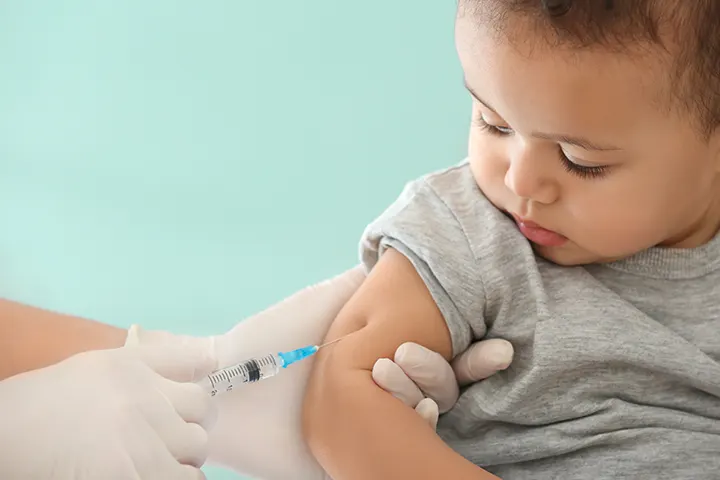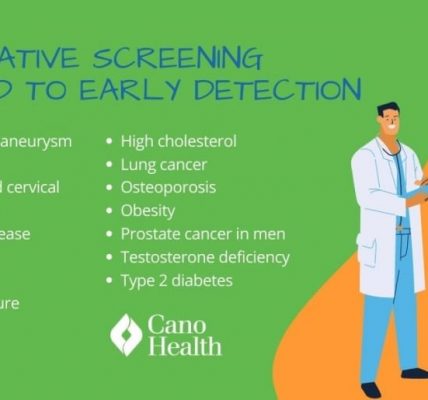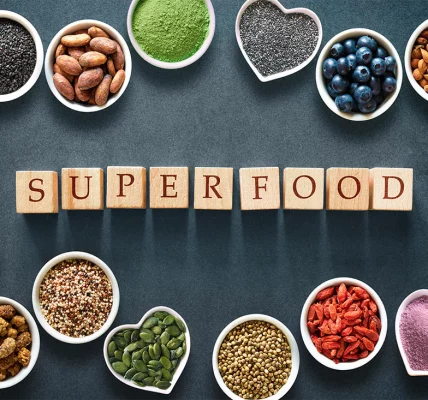Vaccinations and Immunizations Your Shield Against Disease
Vaccinations and immunizations are powerful tools in the fight against infectious diseases. They work by stimulating the body’s immune system to produce antibodies that protect against specific illnesses.
How Vaccines Work
Vaccines introduce a weakened or inactive form of a virus or bacteria into the body. This triggers an immune response, causing the body to produce antibodies. If the body encounters the actual virus or bacteria later, the immune system is prepared to fight it off.
The Importance of Vaccinations
- Disease Prevention: Vaccines have been instrumental in eradicating or significantly reducing the incidence of many deadly diseases, such as smallpox and polio.
- Herd Immunity: When a high percentage of the population is vaccinated, it creates herd immunity, which protects even those who cannot be vaccinated, such as infants and immunocompromised individuals.
- Public Health: Vaccinations contribute to public health by reducing the spread of infectious diseases and protecting vulnerable populations.
Common Vaccines
- Childhood Vaccines: Protect against diseases like measles, mumps, rubella, diphtheria, tetanus, pertussis, polio, and hepatitis B.
- Adult Vaccines: Protect against diseases like influenza, pneumonia, shingles, and tetanus.
- Travel Vaccines: Protect against diseases prevalent in specific regions, such as malaria, yellow fever, and typhoid fever.
Why Vaccinations Are Safe
Vaccines undergo rigorous testing and safety monitoring before they are approved for use. They are generally very safe and effective. Side effects, when they occur, are usually mild and temporary.
Stay Up-to-Date
It’s essential to stay up-to-date on recommended vaccinations. Consult with a healthcare provider to determine the appropriate vaccination schedule for you or your child. By getting vaccinated, you’re not only protecting yourself but also contributing to the health of your community.




